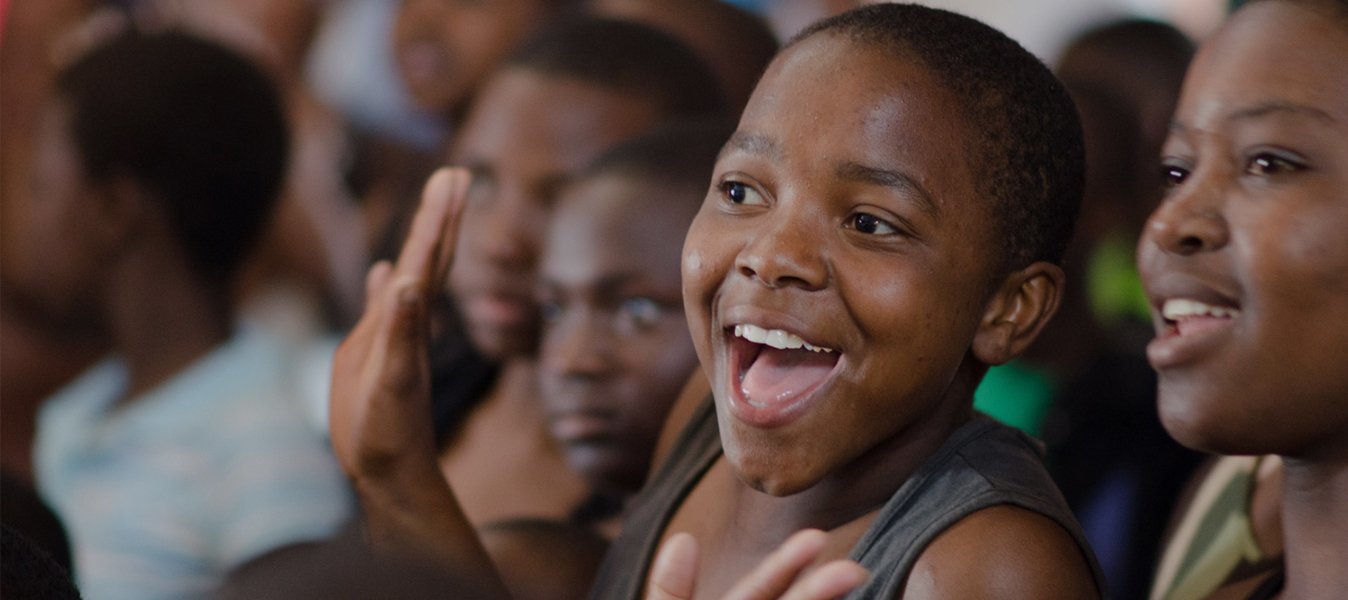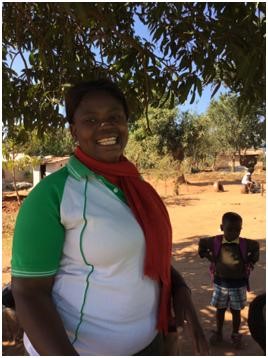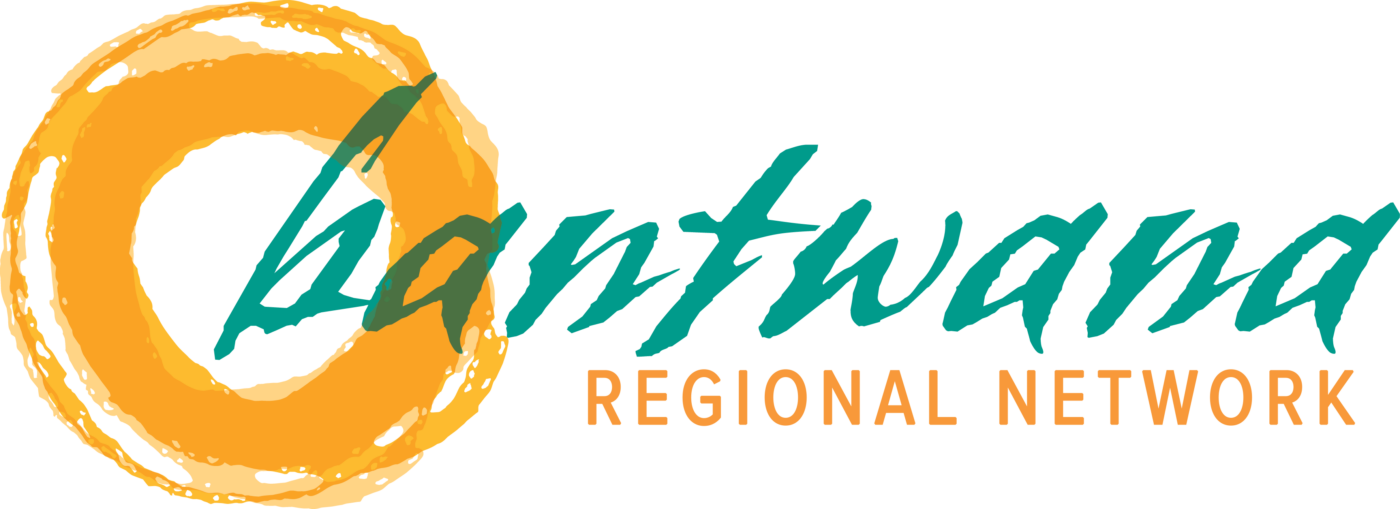
Early Childhood Development: A Family Entry Point to Access Social Services
 My name is Emilia Jorge Milione. In 2012, my 3-year-old, twin daughters were enrolled in a community Early Childhood Development (ECD) center run by a charitable organization in Mozambique. I would volunteer my time at the ECD center to assist the educators in organizing activities for the children. Before I knew it, I became more and more connected to the children and the activities at the center. After 3 years, the center closed. However, the community still saw the importance of ECD in the psychomotor and emotional development of their children, as well as the center’s role as a safe space for children.
My name is Emilia Jorge Milione. In 2012, my 3-year-old, twin daughters were enrolled in a community Early Childhood Development (ECD) center run by a charitable organization in Mozambique. I would volunteer my time at the ECD center to assist the educators in organizing activities for the children. Before I knew it, I became more and more connected to the children and the activities at the center. After 3 years, the center closed. However, the community still saw the importance of ECD in the psychomotor and emotional development of their children, as well as the center’s role as a safe space for children.
I have observed over years that children who attend ECD sessions have better social interaction, communication, physical abilities, and better growth skills.
Leaders from the community met with me and two other ECD educators to propose that the ECD center continue to function through voluntary financial support from community members. I volunteered for 3 years at this new center. In 2017, the two ECD educators and I were invited by Kubatsirana, an implementing partner in the FCC project, to participate in a training on ECD. This training enhanced both my theoretical and practical understanding of ECD, making me a better educator. I was then assigned to lead ECD sessions with a group of 35 orphaned and vulnerable children.
I witnessed how the ECD sessions contributed to the good development of my own daughters; that’s why I chose to join the FCC Project as an ECD educator.
At the center, we have developed several activities, including physical exercises, language practice, mathematics, and art, in accordance with the national ECD curriculum. All the children from this ECD center have been guaranteed space in the community’s primary school. I am proud to often be invited by members of the primary school board to attend meetings and disseminate school progression results.
The ECD center also conducts regular screening exercises to identify children with signs of poor psychomotor development or malnutrition. When the educators identify illness, we refer the child to the nearest health units. When we identify social problems, we refer the child to Case Care Workers for follow-up.
The community’s ECD Management Committee has organized nutrition demonstration sessions with caregivers on how to prepare nutritious meals with locally produced foods. The ECD Management Committee has also formed savings groups, in coordination with caregivers, to help families improve their ability to purchase school supplies and uniforms for children. The caregivers have also used their proceeds to contribute towards the improvement of the ECD center, making the ECD center a sustainable, community-driven intervention.
Community volunteers are trained by Força à Comunidade e Crianças (Community and Child Strengthening) (FCC) project to play an integral role in linking beneficiaries with services to meet their needs. FCC’s impact would not be possible without the help of community volunteers.
